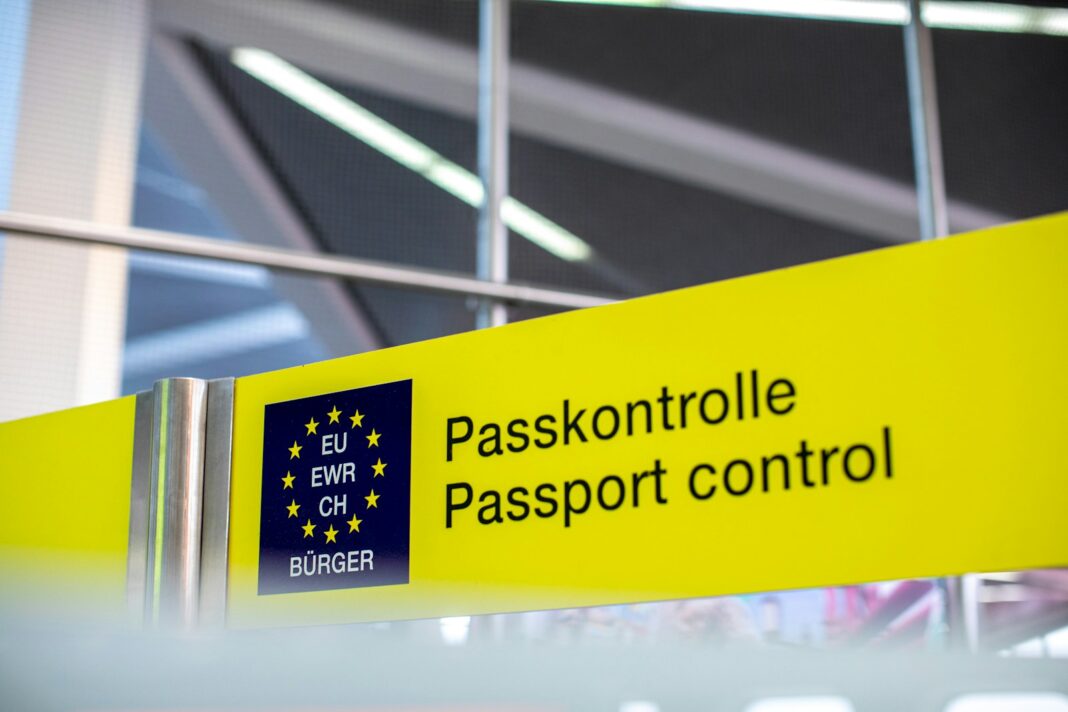The European Parliament backed today more effective EU rules for combined work and residence permits for third-country nationals.
The update of the Single permit directive, adopted in 2011, which established a single administrative procedure for delivering a permit to third-country nationals wishing to live and work in an EU country, and a common set of rights for third-country workers, was adopted today with 465 votes in favour, 122 against and 27x abstentions.
Faster decisions on applications
In negotiations, MEPs succeeded in setting a 90-day limit for a decision to be taken on applications for a single permit, compared to the current four months. Procedures on especially complex files might get a 30-day extension and the time to deliver a visa, if necessary, is not included. New rules will introduce the possibility for a holder of a valid residence permit to apply for a Single Permit also from within the territory, so a person who is legally residing in the EU could request to change their legal status without having to return to their home country.
Change of employer
Under the new rules, single permit holders will have the right to change employer, occupation and work sector. MEPs ensured in negotiations that a simple notification from the new employer would suffice. National authorities will have 45 days to oppose the change. MEPs have also limited the conditions under which this authorisation can be subject to labour market tests.
EU states will have the option to require an initial period of up to six months during which a change of employer will not be possible. However, a change during that period would still be possible if the employer seriously breaches the work contract, for example by imposing particularly exploitative working conditions.
Unemployment
If a single permit holder is unemployed, they will have up to three months –or six if they have had the permit for more than two years- to find another job before their permit is withdrawn, compared to two months under the current rules. EU states may choose to offer longer periods. If a worker has experienced particularly exploitative working conditions, member states shall extend by three months the period of unemployment during which the single permit remains valid. If a single permit holder is unemployed for more than three months, member states may require them to provide evidence that they have sufficient resources to support themselves without using the social assistance system.
Quote
After the vote, the rapporteur Javier Moreno Sanchez (S&D, ES) said: “Regular migration is the best instrument to combat irregular migration and human traffickers. We need to address irregular migratory flows, foster coherence between the different legal migration instruments and facilitate foreign workers’ integration. The review of the Single Permit Directive will support workers from third countries to reach Europe safely, and European companies to find the workers they need. At the same time we will avoid and prevent labour exploitation, by strengthening the rights of third countries’ workers and protecting them more effectively against abuse.”
Next steps
The new rules have to now formally be approved by the Council. Member states will have two years after the entry into force of the directive to introduce the changes to their national laws. This legislation does not apply in Denmark and Ireland.











